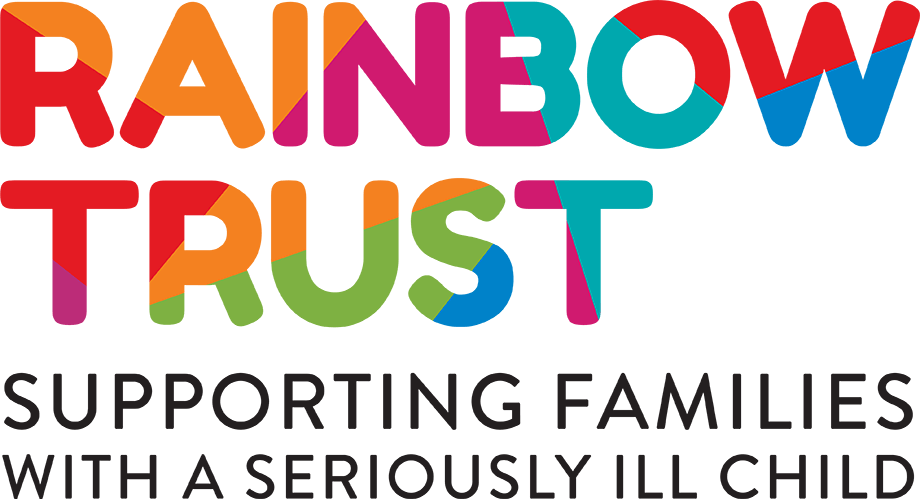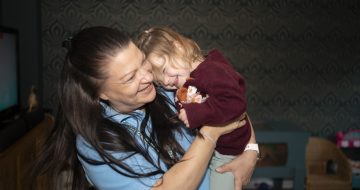Date published: 12 September 2024 by Ellen Armour
Reacting to Lord Darzi’s report on the state of the NHS, Zillah Bingley, Chief Executive of Rainbow Trust Children’s Charity said:
"We welcome Lord Darzi’s report into the NHS ‘Independent Investigation of the National Health Service in England’, published today.
The report highlights that too many children are being let down. We already know that between 2001 and 2018, there was a 250% increase in the number of children and young people with life limiting or life-threatening conditions which is reflected in the report. The report goes on to detail that:
- Paediatric intensive care unit beds are regularly over 90% occupancy, and the length of stay is also increasing (notable, with more 100+ day patients)
- Waiting lists for mental health services are significant, with over 100,000 children and young people having to wait for more than a year which is too long, particularly for any young person going through profound changes
- Children are 13 time more likely than adults to wait for over a year for access to NHS community services
- Only 25% of GPs now receive paediatric training leading to concerns for the NHS’ capacity and capability to deliver high quality care for children
- National policy making on care for children and young people needs to be joined up.
“We have seen all these challenges throughout our nearly 40 years of providing support for children with a life threatening or terminal illness and their families and the complexity of these children is only increasing.
“We estimate that our vital work supporting families caring for a child with a life threatening or terminal illness saved the health and social care system just over £6,064,630 between June 2021 and July 2022. Our holistic approach to care gives vital support that helps free up hospital beds and supports well-being. Rainbow Trust makes a vital contribution to the overall long-term health and well-being of seriously ill children and their families through delivering practical and emotional support, including: transport to hospital appointments families might otherwise miss; enabling children to be discharged from hospital sooner and reducing the risk of a potential crisis situation developing by delivering expert social palliative care. Yet, still we receive no central government funding.
“We hope that the health needs of seriously ill children will be a priority for the new government and urge them as part of their 10-year plan to consider a holistic approach to care, undertake a full review of charitable funding and ensure that policy making on care for children and young people is more joined up, so children and families are never let down.”

